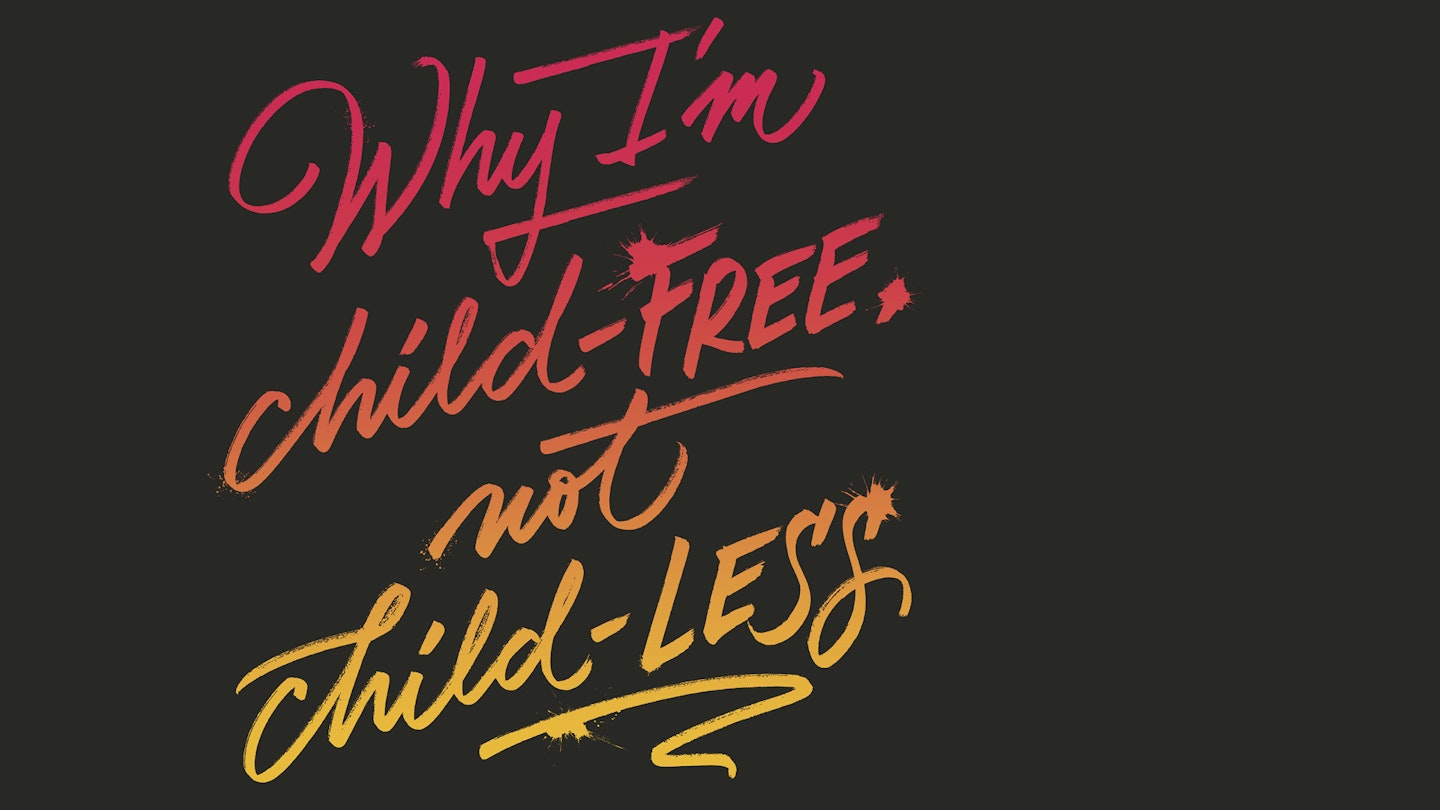Growing up, I knew I’d be a mother one day. Aged 11, I enrolled myself on a babysitter certification course and spent weekends taking care of the kids in my neighbourhood. In high school, I became the head caretaker in my church’s nursery. And in college and then graduate school, I enjoyed stints as a nanny during summer breaks.
I cherished these roles, gratified to know that I was making a difference in the lives of the children in my care. It simply didn’t dawn on me that there might be other roles I’d enjoy more as I got older, like that of partner and friend and volunteer and professor – all roles I find fulfilling today. I just assumed that, one day, I would wake up and feel driven to fulfil my ‘destiny as a woman’. This never happened. I never felt that pull toward motherhood and, over time, I realised that I liked my life as it was, just my husband Lance and me. I wanted the freedom to vigorously pursue my career, guilt-free. I felt driven by the hope that I could make a difference in my students’ lives, many the first in their families to attend college.
A fiercely independent person, I knew myself well enough to know that I needed downtime from work, quiet time for reflection, the chance to not be needed for periods of the day. And I love having the time and energy to devote to my marriage, to decide on the spur of the moment to meet for drinks after work, to take a drive out to the coast, or to chill out without obligations. All of this led me and Lance, who shared my feelings, to launch our blog, We’re Having A Baby!, over six years ago – which would in turn eventually lead me to write a book on the subject.
We wanted a space where we could celebrate our choice and share what we were learning. We’d seen the letters to advice columnists lamenting the pressure to give parents grandchildren, heard the cries of, ‘You’ll regret it!’ from well-meaning friends, seen the name-calling from pundits and politicians. We knew what people thought of us, the child-free. Once at a party, a woman I thought was becoming a new friend asked how many kids I have. I told her none, it was just Lance and me. Her response? A condescending, ‘Oh.’ Then she turned and walked away, avoiding me for the rest of the evening. I was stunned and humiliated. And we knew from our own experiences and research that many of the claims made about our lives – we’re selfish, we lack family, we hate kids, we have no legacy – were not true at all.
In fact, our reasons for not wanting to be parents – joy, fulfilment, the desire to nurture relationships, a concern for the future – look very much the same as others’ reasons for opting in to parenthood. Non-parents don’t lack interest in caring for others. We form families just like everybody else, providing a place of refuge and a home for each other. And, like other families, Lance and I have considered what legacy we hope to leave after we’re gone. Our legacy won’t take the form of children, but we make our mark through involvement in our community, giving to causes we’re passionate about and mentoring the younger generation.
Other child-free families do much the same. In a survey of 700 child-free women and men conducted with one of my students, we found that one-third of these people are actively involved in civic life, about the same rate as the 31.3% of parents with kids under 18 who are also involved*. Researchers have also found that non- parents play important roles in the lives of kids. One-quarter of the 70 child-free women and men I interviewed for my book chose careers – teaching, counselling, paediatrics, etc – that enable them to make a difference in children’s lives. But our legacy also comes in the form of not leaving a mark, of leaving less rather than more. Many child-free people make the choice not to become parents out of concern for the environment. As a 2017 review of 39 studies discovered, the most significant action a person in the developed world can take to reduce their carbon footprint is to have fewer children.
Of course, being happily child-free – meaning we’ve made the choice to not have kids – our circumstance differs from those I’d call childless, people who wanted kids and never had them. But whether child-free or childless, non-parents share the experience of living in a world that assumes parenthood to be the norm, the best path toward a fulfilling life. Girls, in particular, are taught that the most fulfilling role is that of mother – even though, in England and Wales, 18% of women who reached age 45 in 2017 had never had a child. The truth is, there are many ways to find meaning, form a family and leave a legacy. For me, and for more and more people today, that path simply doesn’t happen to include being a parent.
‘Childfree By Choice’ by Dr Amy Blackstone is out now (£20, Dutton). What are your thoughts on this? Let us know at feedback@graziamagazine.co.uk
